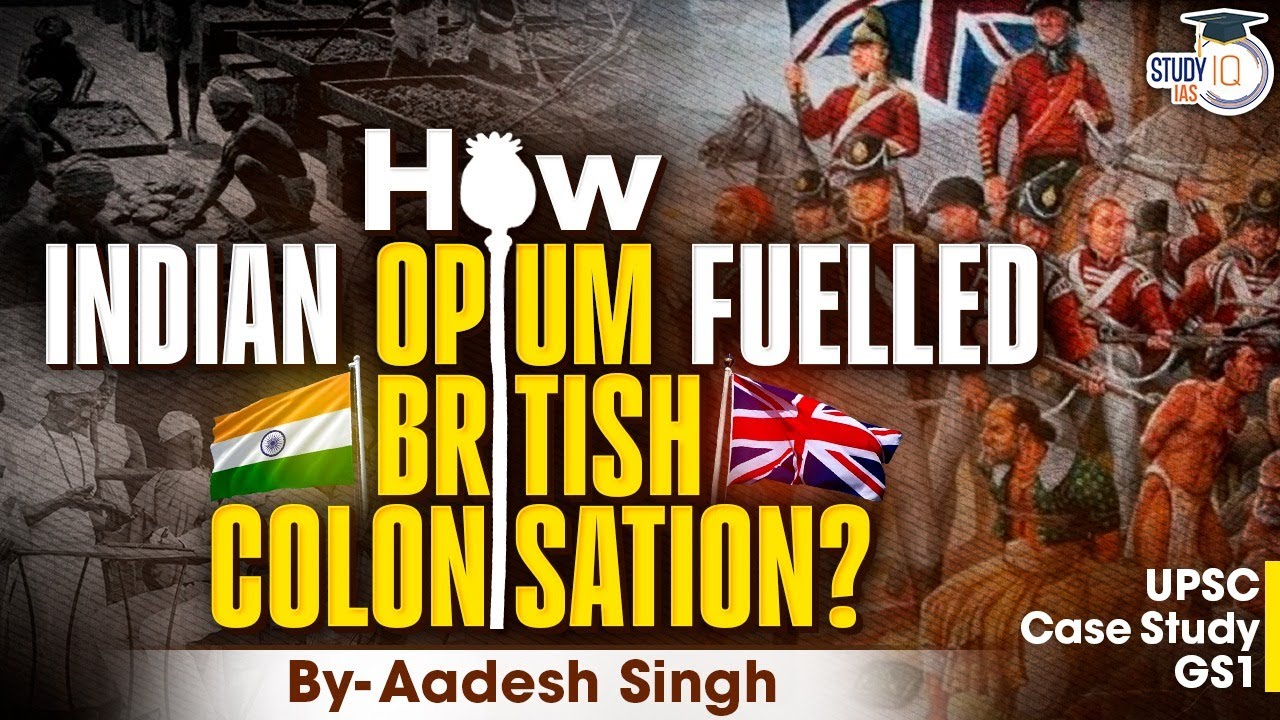L’EUROPA delle GRANDI POTENZE nella Belle Epoque
Summary
TLDRThe early 20th century, marked by unprecedented economic growth and global trade, masked rising social tensions and political strife in Europe. Following Bismarck's resignation in 1890, Germany's aggressive foreign policy led to the collapse of key alliances, particularly with Russia and France, culminating in their military partnership. The Dreyfus Affair revealed deep divisions within France, while Britain's political landscape faced the Irish Home Rule crisis. By 1914, escalating militarization and failed diplomacy set the stage for a catastrophic conflict, foreshadowing the onset of World War I as Europe stood on the brink of war.
Takeaways
- 😀 The period before 1914 was characterized by unprecedented economic growth and global trade expansion.
- 😟 Despite prosperity, social tensions, class struggles, and international crises were on the rise in Europe.
- 🔗 Bismarck's resignation in 1890 marked the beginning of the decline of Germany's complex alliance system.
- ⚔️ The aggressive foreign policy of Kaiser Wilhelm II further isolated Germany and increased tensions with neighboring countries.
- 🇫🇷 France and Russia formed an alliance in 1894, creating a significant counterbalance to German power.
- 🤝 The Entente Cordiale in 1904 strengthened ties between France and Britain, opposing Germany's ambitions.
- ⚖️ The Dreyfus affair in France highlighted internal divisions and the struggle between different political factions.
- 🏴☠️ In Britain, the rise of the Labour Party and debates over social reforms marked significant political changes.
- 🇮🇪 The issue of Irish autonomy created further political turmoil in Britain as various factions clashed over governance.
- 💣 By 1914, an arms race and strategic alliances had escalated tensions, setting the stage for the outbreak of World War I.
Q & A
What characterized the economic environment in Europe 25 years before 1914?
-The period was marked by unprecedented economic development and a significant increase in global trade, leading to rising prosperity for the population.
What underlying issues were present despite the economic prosperity in Europe?
-Despite the economic growth, tensions were escalating, including class struggles, international crises, and conflicts among major powers.
What happened to the alliances established by Bismarck after his resignation in 1890?
-Bismarck's complex system of alliances began to crumble, particularly as Germany's aggressive foreign policy under Kaiser Wilhelm II alienated other nations.
How did the Franco-Russian Alliance affect Germany's position in Europe?
-The formation of the Franco-Russian Alliance in 1894 isolated Germany, as it now faced potential conflict on two fronts.
What role did the Dreyfus Affair play in French society during this period?
-The Dreyfus Affair polarized public opinion in France, highlighting deep political divides and leading to significant social and political reforms as the government confronted clerical and monarchist influences.
What political changes occurred in Britain after the death of Queen Victoria?
-After Queen Victoria's death in 1901, Britain saw the rise of a liberal government that faced challenges from the House of Lords, leading to significant political tensions.
What were the key issues in the British political landscape between 1901 and 1914?
-Key issues included social reforms, the rise of labor movements, conflicts between the Houses of Parliament, and the question of Irish autonomy.
How did the relationship between Britain and Germany evolve during this period?
-Relations deteriorated as Germany sought to expand its military presence, leading to an arms race that heightened tensions between the two nations.
What was the significance of the Entente Cordiale formed in 1904?
-The Entente Cordiale was a significant diplomatic agreement between France and Britain that recognized each other's spheres of influence, strengthening their cooperation against Germany.
What was the overall atmosphere in Europe as tensions rose before World War I?
-The atmosphere was one of increasing anxiety and militarization, as nations prepared for possible conflict amidst ongoing diplomatic crises and shifting alliances.
Outlines

Cette section est réservée aux utilisateurs payants. Améliorez votre compte pour accéder à cette section.
Améliorer maintenantMindmap

Cette section est réservée aux utilisateurs payants. Améliorez votre compte pour accéder à cette section.
Améliorer maintenantKeywords

Cette section est réservée aux utilisateurs payants. Améliorez votre compte pour accéder à cette section.
Améliorer maintenantHighlights

Cette section est réservée aux utilisateurs payants. Améliorez votre compte pour accéder à cette section.
Améliorer maintenantTranscripts

Cette section est réservée aux utilisateurs payants. Améliorez votre compte pour accéder à cette section.
Améliorer maintenantVoir Plus de Vidéos Connexes

History of the 20th Century | Chapter 1: The Turn of the Century

History of the 20th Century | Chapter 2: The World before 1914

Kisah Perjalanan Jepang menuju Modernitas

How Indian Opium Shaped British Colonial Expansion Across the World | UPSC Mains GS 1

Chapter 26 Summary - The American Yawp

Capitulo 1. La formacion de un pais.
5.0 / 5 (0 votes)
